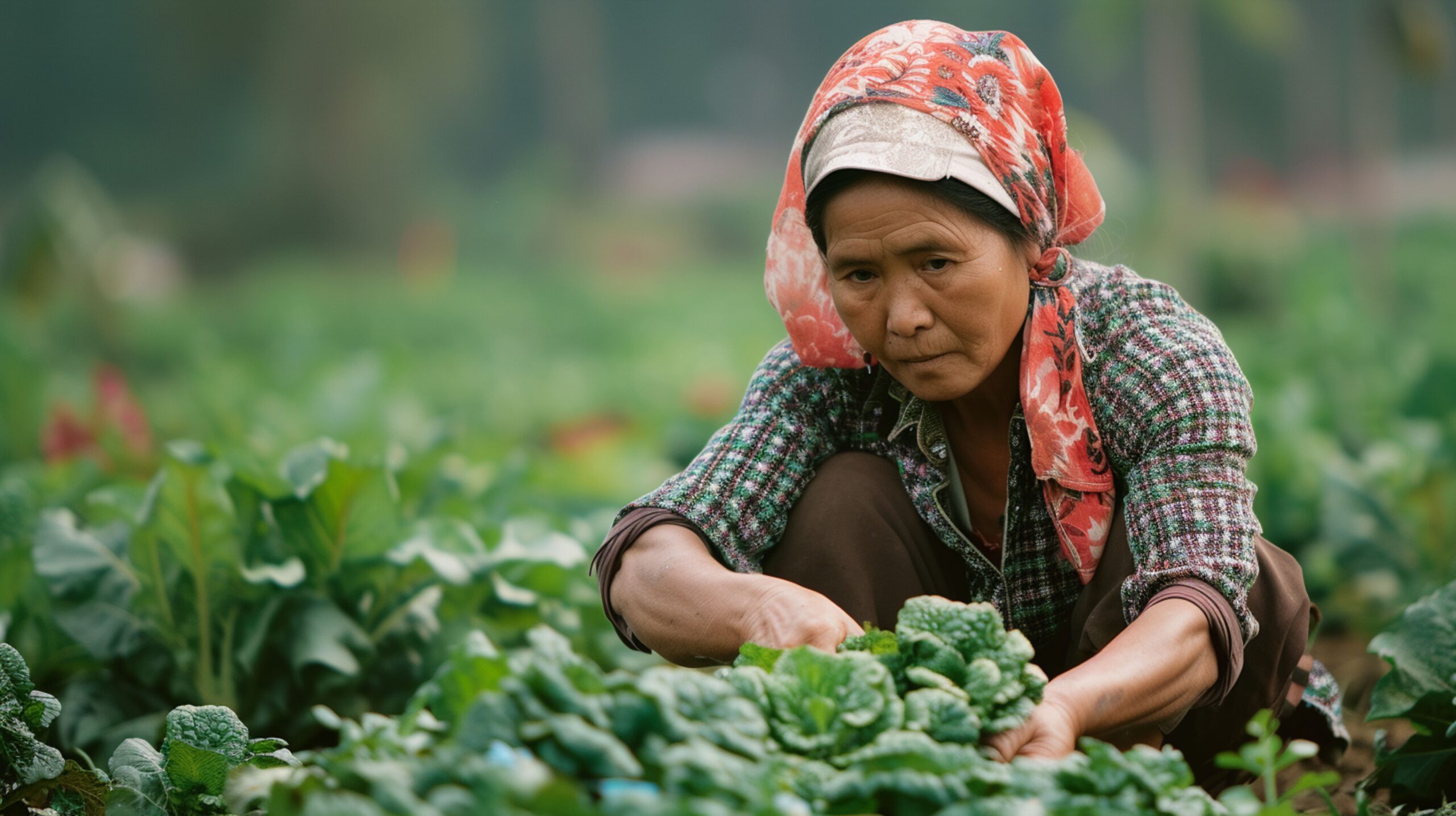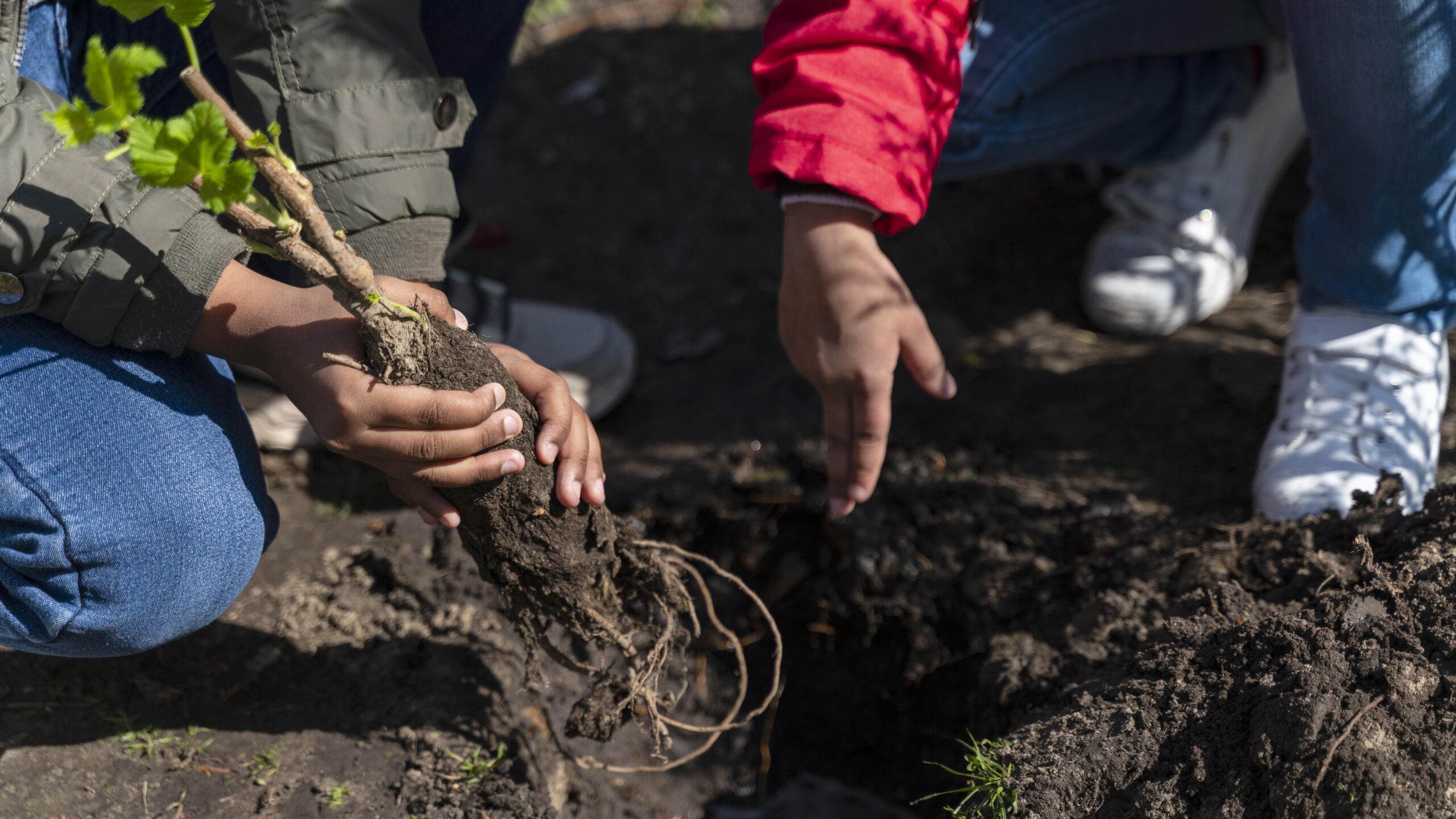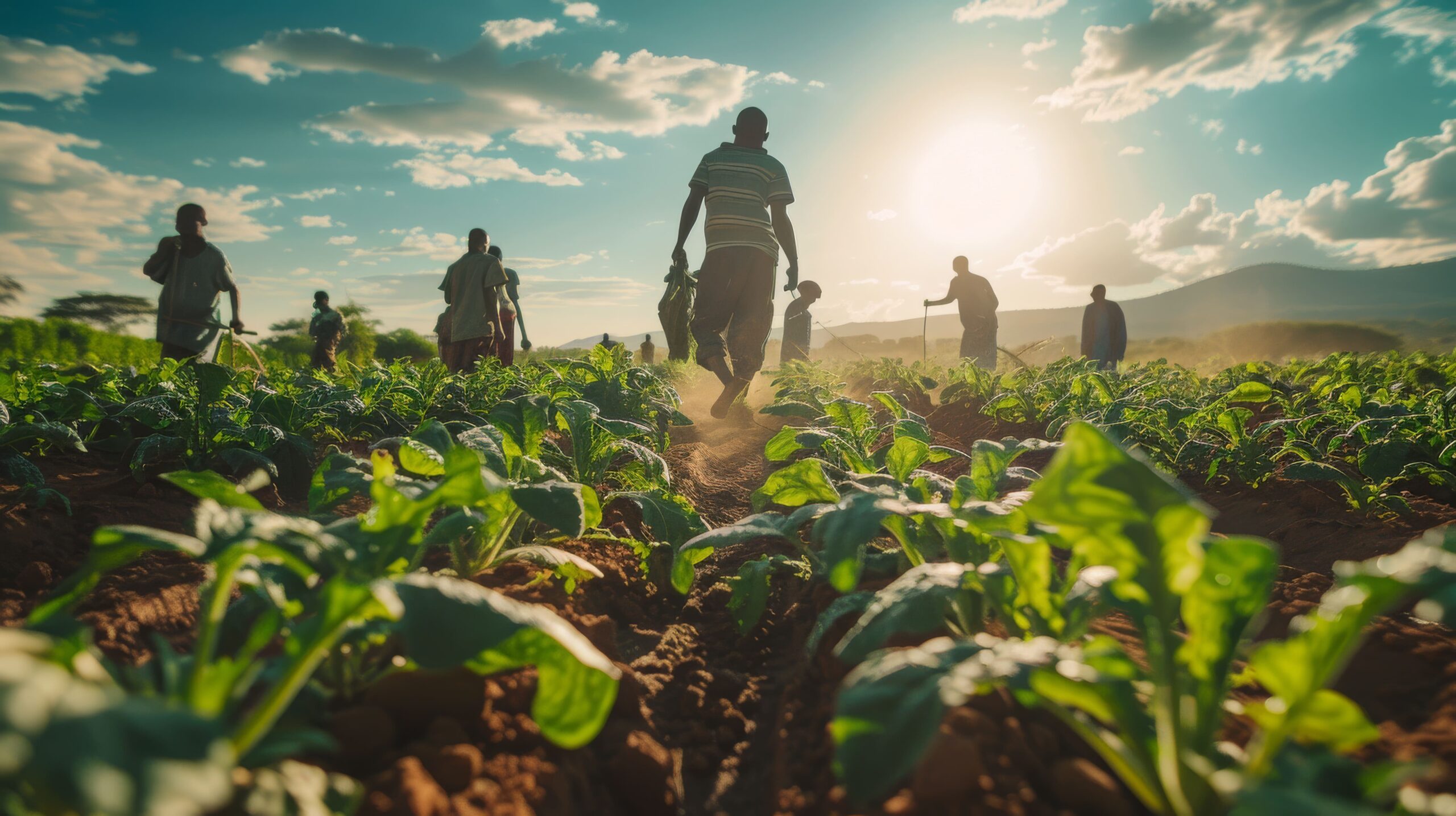ABOUT US
About Puresum
Who We Are
PURESUM is a collaborative social enterprise that aims to promote natural and organic farming among small and marginal farmers. Our primary focus is to develop the economics of gobar (cow dung) in a way that is not only commercially viable but also uplifts the livelihoods of farmers. By establishing a circular economy through the production and provision of commercially sellable products, we aim to empower farmers and create a more sustainable and prosperous future for rural communities.
At the core of PURESUM INDIA’s mission is the development of a circular economy that leverages the value of Gobar. By collaborating with farmers, the NGO seeks to create a range of sellable products from Gobar, making these resources accessible to the farming community. This approach not only generates additional income streams for farmers but also promotes the transition to natural and organic farming methods to sell organic produce.
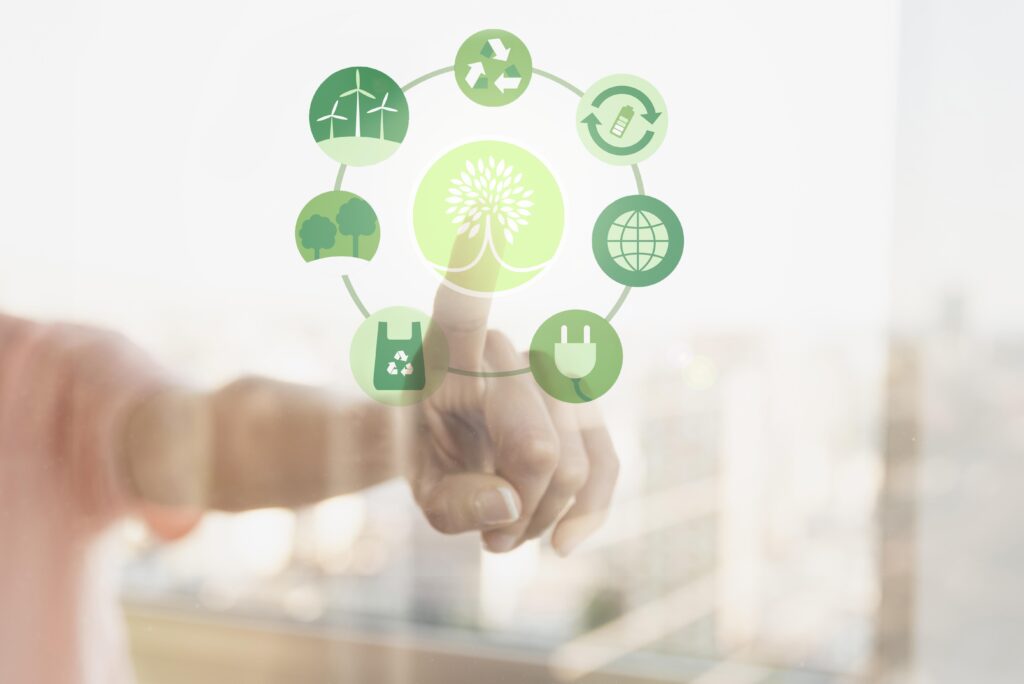

Our Vision
To empower marginal and tribal farmers across India by harnessing the untapped potential of cow dung (Gobar), integrating sustainable agricultural practices with renewable energy solutions, and fostering a circular economy. We envision a future where rural communities thrive economically and environmentally, contributing to a greener, more sustainable planet.

Our Mission
Developing innovative, Gobar-based products and energy solutions that enhance agricultural productivity and income. Facilitating the transition to organic and sustainable farming methods, supported by education and access to affordable organic inputs.
Our Offerings
CBG : Premium compressed biogas as a clean energy alternative.
FOM : High-quality fermented organic manure for enriching soil.
Organic Produce: : A diverse range of organic food products promoting health and wellness.
Sustainable Livelihood Adaptation Facilitation Platform (“PURESUM” Digital Platform) : A comprehensive digital service for facilitating multi-partner collaboration to empower marginal farmer and enhance efficiency, and productivity, as well as enable centralized and transparent governance.
Social Upliftments
1. Swatch Jharkhand
- Reduction in crop burning
- 1 Ton paddy emits- 1.5 ton CO2, 199 Kg ash, 60 Kg CO, 2 Kg SO2 & 3 Kg particulate matters.
- Zero Waste -utilizing Cattle waste, Agri waste
- Reduction in dependency on fossil fuel
- Enhance soil fertility and promote sustainable farming
- Reduction in dependency on chemical based fertilizers and insecticides
- Earn Carbon credit – Cleaner and greener environment
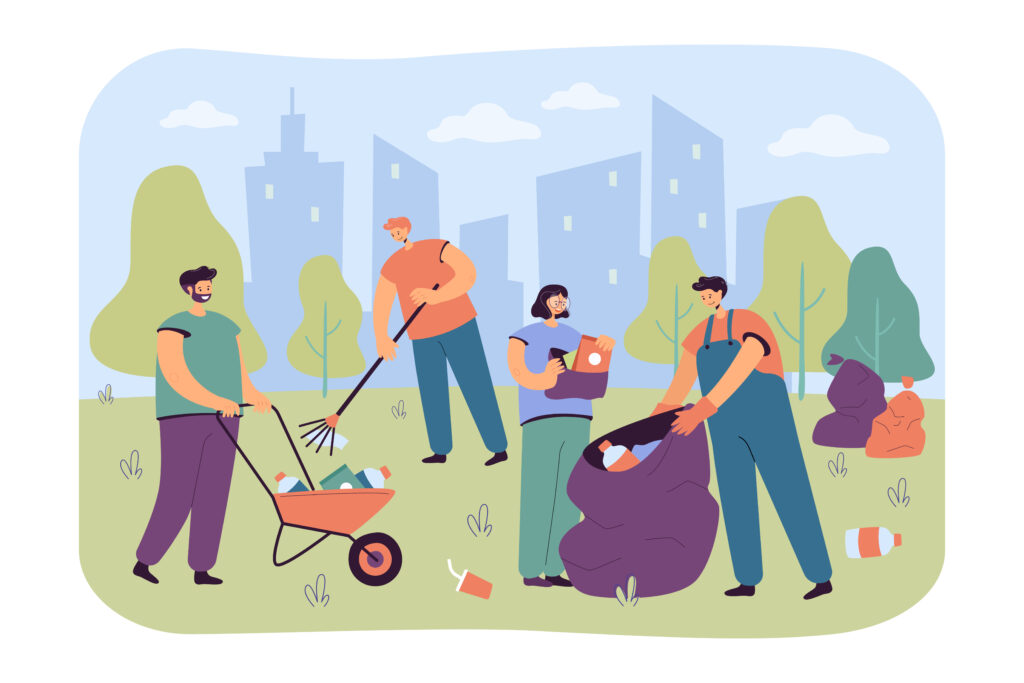
2. Employment Creation
- Direct manpower BioCBG plant – 50
- Indirect employment – 100-500
- Small and cottage scale enterprises- self employed
- 5 SHGs – 75 Rural Women
- 5 Small/cottage enterprises per district – generating – 25 manpower
- Village center – 10 Manpower
- Retail and Distribution – 100-500

Green Earth
3. Greener Environment - Carbon Credit
- 1 Ton BioCBG reduces ~ 3 Ton of CO2 emission
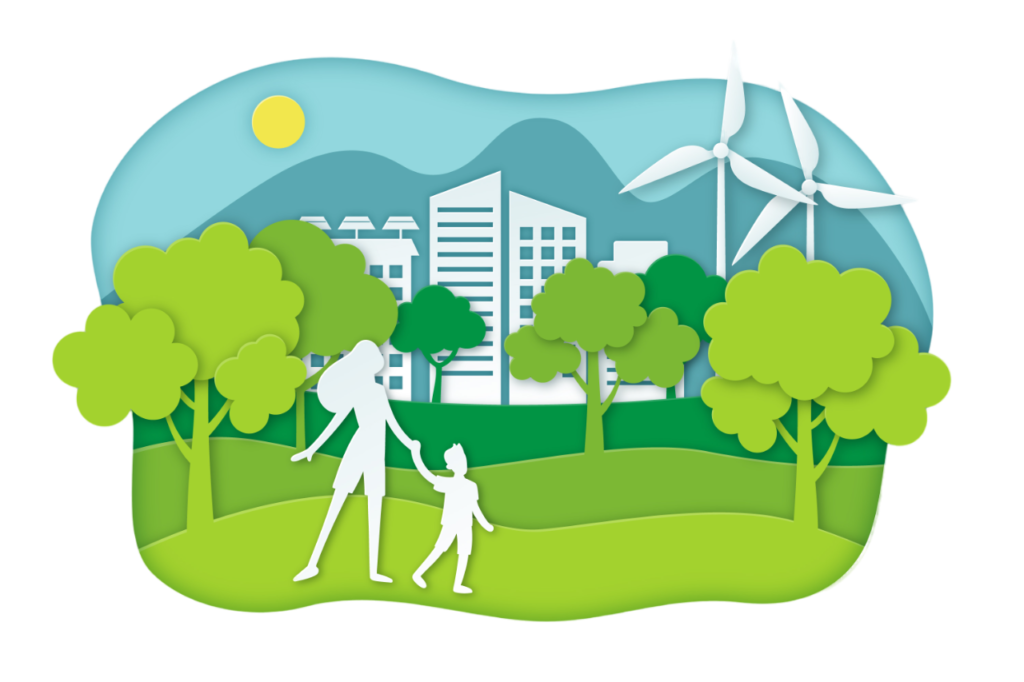
Our Approach
PURESUM INDIA approach involves the production of Bio-CBG, organic fertilizers, and liquid fertilizers, which are not only commercially viable but also environmentally friendly. We collaborate with government agencies and startups to ensure the accessibility and affordability of these products to small and marginal farmers. By leveraging renewable energy sources such as Bio-CBG and solar energy, we aim to enhance farmers' earning potential and promote advanced agricultural and natural farming practices.

Empowering Farmers and Rural Communities
In addition to providing commercially sellable products, PURESUM aims to empower farmers and rural communities by connecting them to the virtual world of education, training, and healthcare.
Part of profits earned from the sale of organic fertilizers will be utilized in the development of livelihoods in rural areas. We plan to establish Empowering Centers equipped with computers and internet connectivity, powered by renewable energy sources. Through our platform, farmers will have access to educational and training programs, as well as tele-health services through video conferencing.

Collaboration and
Support
To ensure the success of our social enterprise, collaboration with government agencies, startups, and local communities is crucial.
We propose that the government prioritize our Foundation & Social enterprise and establish a purchasing agreement to buy organic fertilizer from PURESUM. This will not only support farmers but also contribute to the development of rural communities.

Environmental
Impact
By promoting organic farming practices and reducing reliance on synthetic fertilizers and pesticides, PURESUM aims to improve soil health, crop quality, and reduce carbon footprint. Our waste management techniques, such as vermicomposting, help convert cow dung and other organic waste into nutrient-rich compost, which further supports sustainable agriculture.
Framework for Livelihood Development
A framework for rural livelihood development through a circular economy approach involving cow dung (gobar) consists of several steps:
- Resource Identification and Collection:
- Identify areas with a significant livestock population to determine potential sources of cow dung.
- Establish a collection and storage system to gather cow dung from households, dairy farms, and cattle markets.
- Biogas Production:
- Invest in community or household-level biogas plants to efficiently convert cow dung into biogas for cooking and electricity generation.
- Promote the use of biogas as a cleaner and more sustainable alternative to traditional cooking fuels.
- Crop based Customized Fermented Organic Manure Production and Organic Farming:
- Develop composting systems to convert cow dung into nutrient-rich compost.
- Use composting or vermicomposting methods to convert cow dung into organic fertilizer.
- Help farmers obtain organic certification, which can fetch higher prices for their produce.
- Train farmers on the proper use of organic fertilizer to improve soil quality and increase crop yields.
By adopting this framework, rural communities can address waste management challenges, create sustainable livelihood opportunities, reduce environmental impacts, and improve overall quality of life. Collaboration among government agencies, NGOs, local businesses, and community members is crucial for the successful implementation of such initiatives.

Value-added Products
➡ Explore the production of value-added products from cow dung, such as cow dung-based paint, handmade crafts, or biodegradable packaging materials.
➡ Establish micro-enterprises or self-help groups to create these products, providing employment opportunities.

Market Linkages
➡ Establish partnerships with local businesses, organic markets, or cooperatives to sell cow dung-based products.
➡ Explore e-commerce platforms to reach a wider market and improve product visibility.

Community Engagement
➡ Educate the community about the benefits of a circular economy model with cow dung, including economic, environmental, and health advantages.
➡ Encourage the active participation of local residents, especially women, in the collection, processing, and marketing of cow dung-based products.
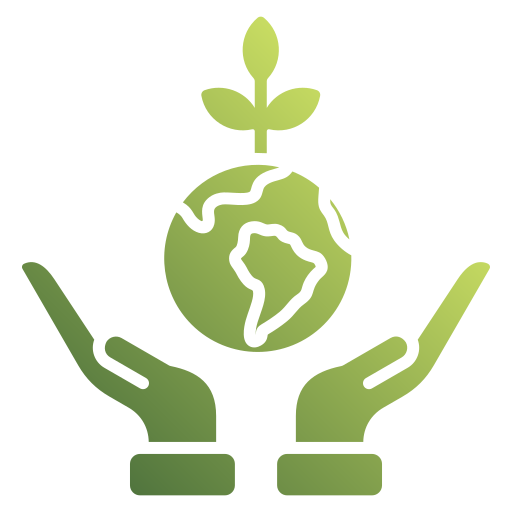
Environmental Awareness
➡ Raise awareness about the environmental benefits of this circular economy model, including reduced methane emissions from open-air cow dung storage and improved waste management practices.
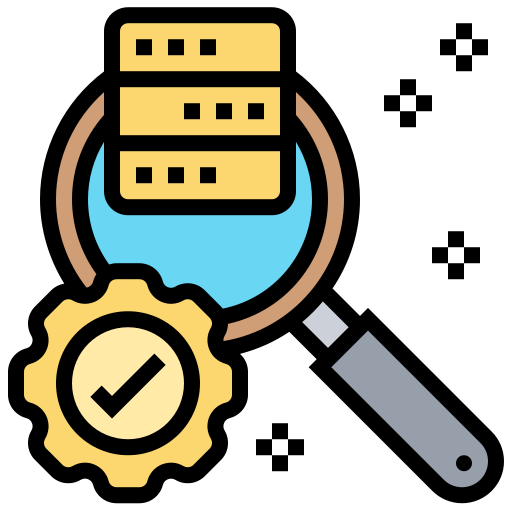
Monitoring and Evaluation
➡ Implement a system to monitor the impact of the circular economy model on livelihoods, income, and the environment.
➡ Continuously evaluate and adapt strategies based on feedback and changing circumstances.
SWOT Analysis

Strengths

Weakness

Opportunities

Threats
Meet Our Team

Arvind Tripathi
CEO
- Phone:+91 9319716214
- Email:arvind.tripathi@puresum.net

R.M.Shukla
Advisor (Mech. Engg.)

